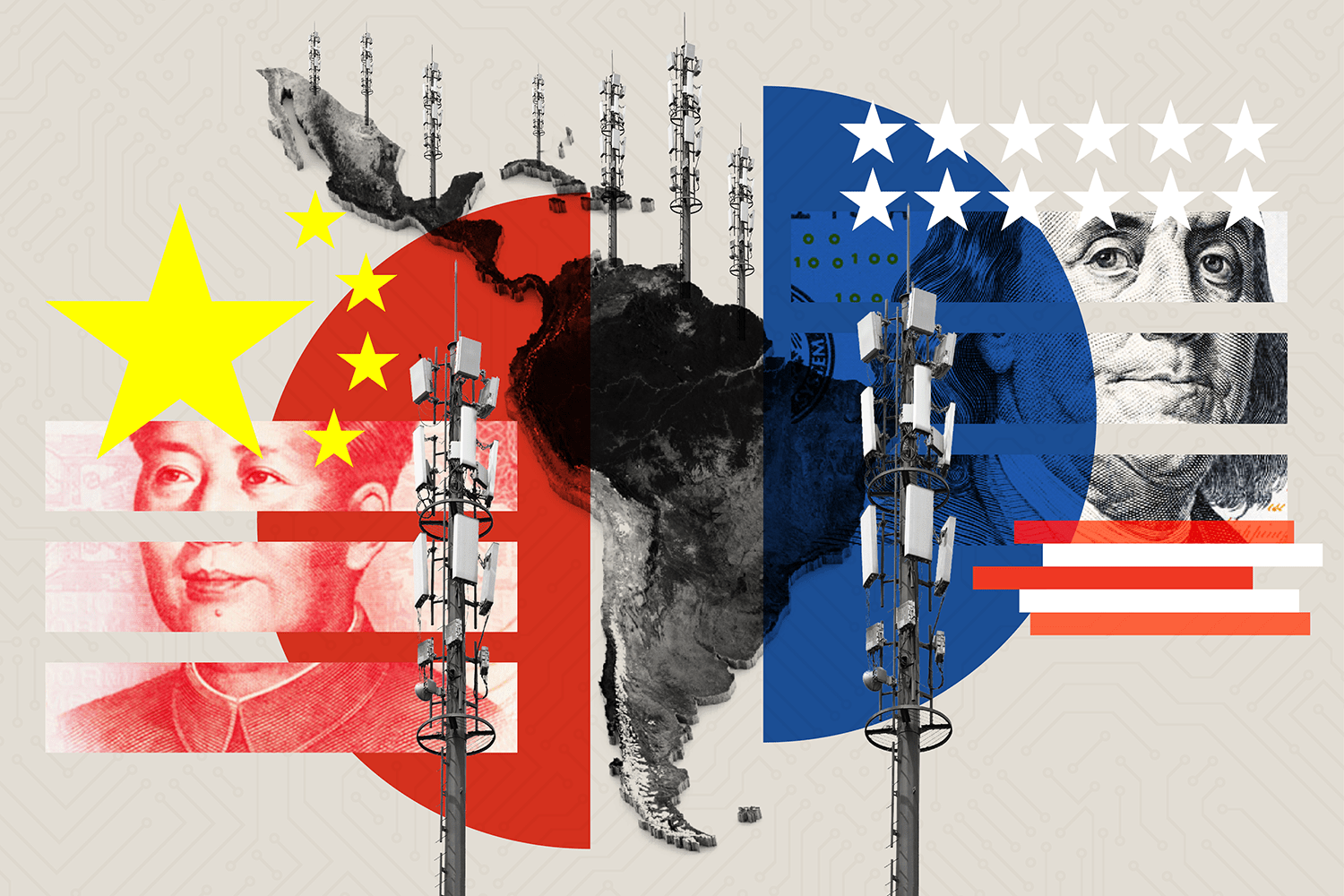So far, policymakers have maintained strong ties with both nations. In 2021, they may face a point of no return.
BY OLIVER STUENKEL | FEBRUARY 26, 2021, 12:17 PM
https://foreignpolicy.com/2021/02/26/latin-america-united-states-china-5g-technology-war/
For most policymakers in Latin America, the best way to react to growing geopolitical tensions between the United States and China is obvious: Stay neutral. Given Latin America’s geographic proximity to the United States, growing economic dependence on China, and historic aversion to long-standing alliances that limit strategic autonomy, leaders across the ideological spectrum have largely decided to embrace a pragmatic stance and maintain friendly ties with both Washington and Beijing.
With few exceptions, this strategy was largely seen to be a winning formula over the past years. Chile’s right-wing president, Sebastián Piñera, for example, sought to present himself as the region’s most trusted interlocutor for both former U.S. President Donald Trump and Chinese President Xi Jinping. Mauricio Macri, Argentina’s center-right former president, and his center-left successor Alberto Fernández have likewise been keen to simultaneously maintain constructive ties with the United States and China. In Colombia, right-wing President Iván Duque preserved Bogotá’s historically close…









